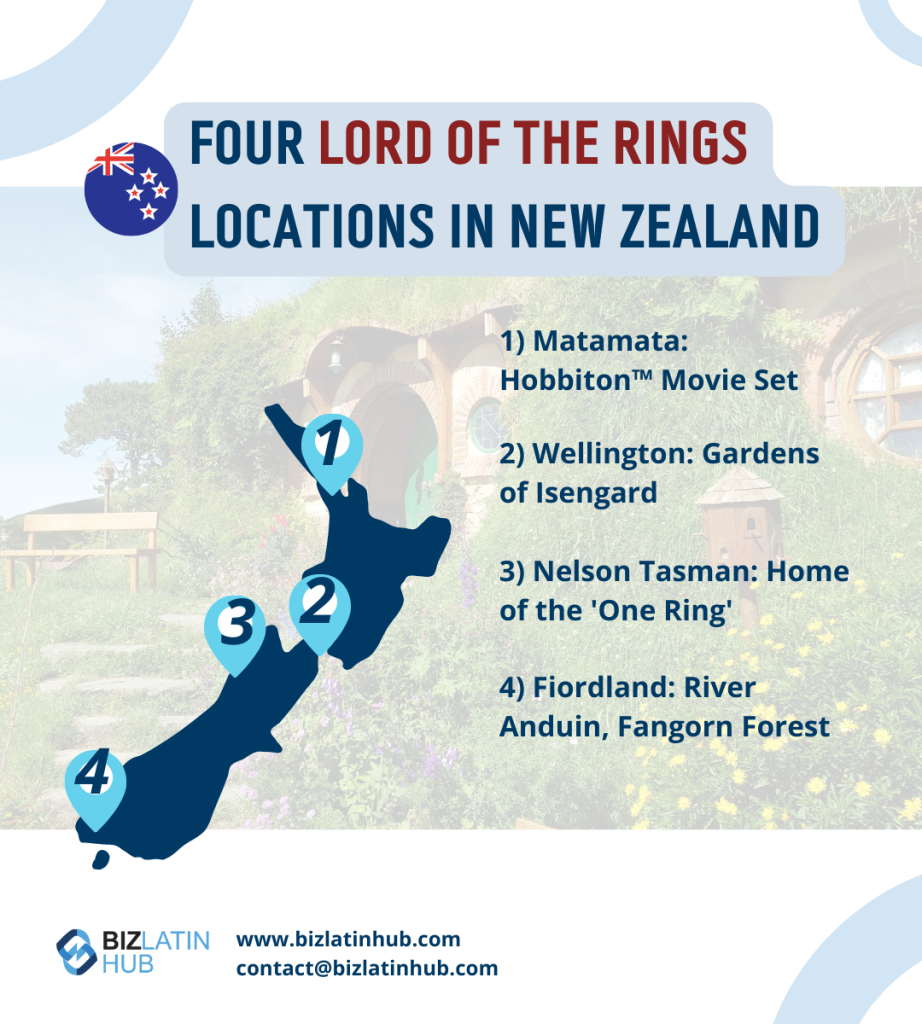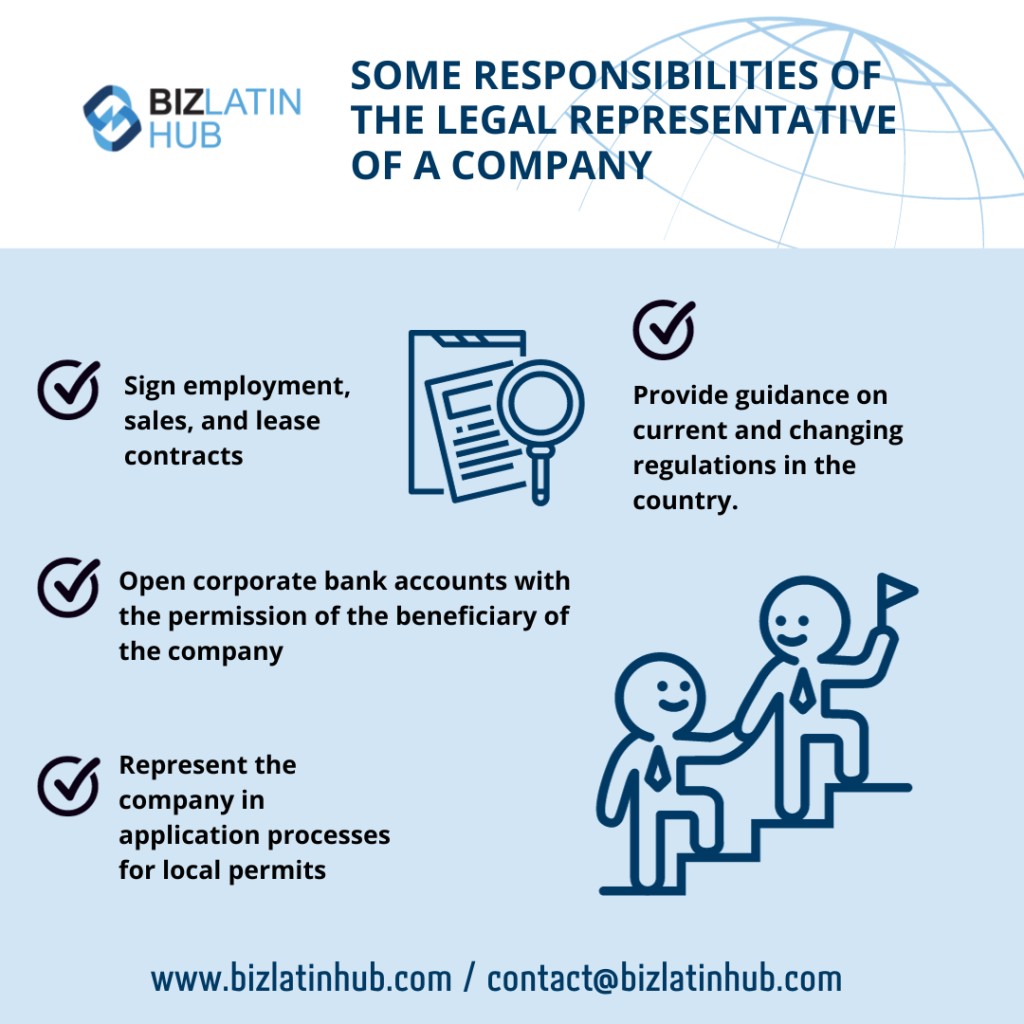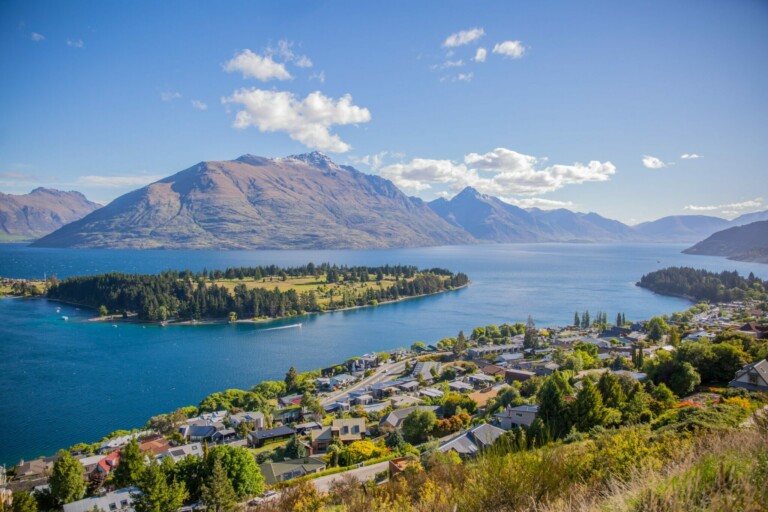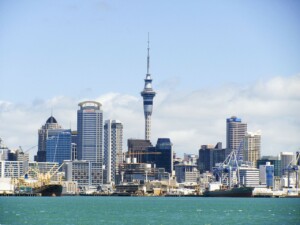New Zealand is an island country in the South Pacific Ocean, known for its unique flora and fauna. The country has incredible landscapes and an abundance in natural habitat. In terms of business in New Zealand, the country has ranked 1st in the Ease of Doing Business Index every year since 2017, a fact which evidences the effectiveness of property rights protection and the straightforwardness of business regulation in the country.
The main goods exports in the country originate from agriculture, horticulture, fishing, forestry, and mining. Given that a great part of the economy supports itself through the primary industry, the protection of raw materials and natural resources is of the utmost importance to the government. As a consequence, New Zealand has developed a strong biosecurity system.
Outlined below is a brief on New Zealand’s rigid biosecurity systems and how they contribute to the safety of their primary sector – one of the most secure investments in the country.
Business in New Zealand: Why is biosecurity important?

Biosecurity seeks to mitigate risks posed to environment-reliant business by harmful organisms such as pests and diseases. Pests and diseases threaten ecosystems, endangered animals and agricultural activities, contributing to higher production costs as well as government costs in scientific research and risk mitigation.
Historically, pests have caused major financial trouble for nations reliant on their environment. In 1992, the bacteria Pseudomonas syringae pv. Actinidiae (Psa) was identified in kiwifruit orchards in northern Italy. At the time, the bacteria only affected kiwifruit vines and outbreaks occurred sporadically throughout the years. However, in 2007, climate conditions favored the spread of the disease in Lazio, a region in Italy, causing US$ 2.2 million in production losses.
When the bacteria emerged in New Zealand in 2012, authorities were alarmed and immediately questions were asked related to its origin and the implications it might have on businesses.
Today, with the help of science and tools to control the disease, kiwi growers are managing to coexist with the bacteria. Currently, there is only one type of Psa present in New Zealand, but the government is placing greater importance on biosecurity to prevent other Psa bacteria types and foreign pests from crossing borders.
In this instance the cost to the agricultural industry was reduced thanks to biosecurity recovery measures, however, if the disease were more threatening, entire sectors could be wiped out, incurring major damages to the economy.
Why is biosecurity particularly important for business in New Zealand?
New Zealand’s economy relies heavily on trade. International trade accounts for around 60% of New Zealand’s economic activity. The main goods exported originate from the primary sector – industries that extract and collect natural resources. New Zealand is in the top 3 lamb producing nations worldwide and home to the world record for wheat production for a single area. The protection of these industries is vital for rural employment as well as the nation’s economy as a whole.
Pests and diseases found in crops, animals or other species could greatly affect productive activities, and consequently, stop production. With an economy so reliant on their natural environment, biosecurity threats could severely damage trade and the country’s economy as a whole.
In 2018, many of the exports that surpassed the billion-dollar benchmark were environment-dependent: milk, lamb and goat meat, butter, timber, beef and fruits, and vegetables. The top-performing products on the list are largely agricultural and dependent on the natural environment. Biosecurity in New Zealand, therefore, protects a multi-billion dollar industry.
New Zealand’s biosecurity pledge

In October 2019, a group of 50 companies signed a pledge to protect New Zealand from pests and diseases. The goal of this pledge was to enhance the performance of biosecurity and, as a result, protect large proportions of the economy. The pledge commits businesses to better understand the consequences of biosecurity in their individual business operations. To do this, the pledge encourages businesses to actively promote biosecurity across their activities, incorporate biosecurity measures into their company policies and their supply chain control, and participate with the Ministry for Primary industries to support biosecurity.
According to New Zealand’s Environment Minister, this pledge is considered risk management to the primary sector, one worth US$ 46 billion to the country as well as contributing to the safety of the eco-tourism sector.
This pledge shows how committed New Zealand’s public and private sectors are to biosecurity, both acting in the interests of the economy and sustainability.
Biosecurity – Data on Investment for Pest and Disease Control
Weeds in animal pastures are estimated to cost US$761 million per year in animal production and control costs. Additionally, bovine tuberculosis significantly damages meat exports, both in trade statistics and reputation. Other diseases that affect pollinating insects for fruits have the potential to affect production as well.
Although the cost of control and prevention for pests and diseases is substantial, prevention has spared the economy major losses, offsetting the cost. In 2015, the Ministry for Primary Industries spent more than US$31.7 million managing biosecurity risks, however, the estimated cost of an established group of fruit flies would have amounted to NZ$3.6 billion in costs to the industry.
New Zealand’s biosecurity system is one of the most secure in the world, ensuring that business in New Zealand within the natural productive industries, is the safest worldwide.
How does the government manage Biosecurity in New Zealand?
In New Zealand, the Ministry for Primary Industries (MPI) leads the management and control of biosecurity. This entity works with a legislative framework to prevent pests and diseases and to quickly respond if they are detected in the country. The points of control to mitigate entry include immigration, airport bag checks, container ships in seaports and any international mail entering the country.
The MPI administers the Biosecurity Act of 1993 which provides the legal framework on how to respond to and manage unwanted organisms. On top of that, the National Policy Direction for Pest Management 2015, is another framework that seeks to align pest management plans across the country.
Interested in agricultural ventures? Let us help you enter the New Zealand market
New Zealand is a country rich in natural resources and ideal agricultural habitats. The government is appropriately protecting its industries and its citizens by implementing biosecurity measures and developing technologies for pest and disease control.
Entrepreneurs interested in entering the New Zealand market should seek legal guidance from local experts regarding import legislation and visa requirements. Biz Latin Hub has vast experience helping businesses incorporate internationally, contact our lawyers in New Zealand to get your primary sector business started.
Learn more about our team of expert authors.






